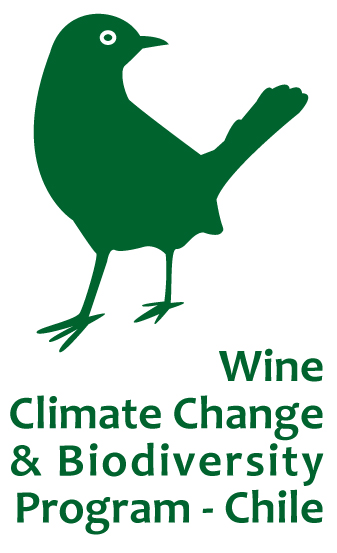An Overview Of Our Solution
- Population Impacted:
- Continent: South America
Organization type
Population impacted
Size of agricultural area
Production quantity
People employed
Describe your solution
Describe your implementation
External connections
What is the environmental or ecological challenge you are targeting with your solution?
Describe the context in which you are operating
Chile's Mediterranean ecosystem hosts 50% of the country's native plants and animals and has received international recognition as a priority area for conservation. However, despite its ecological importance, less than 1% of the area is under governmental protection. This region also harbors most of Chile's forestry and agricultural production, industries that heavily rely on the ecosystem services that natural lands provide (pollination, water yield, natural pest control, protection from erosion, etc). Under actual climate change scenarios and rapid land change use, the degradation of the remaining natural ecosystems not only leads to the extinction of globally unique species, but will also have enormous negative consequences for the agricultural industry and the communities that thrive in this area. The only possible way to secure the continuity of food production and access, is engaging farmers, industry and affected communities in the preservation of this ecosystem.
How did you impact natural resource use and greenhouse gas emissions?
Language(s)
Social/Community
Water
Food Security/Nutrition
Economic/Sustainable Development
Climate
Sustainability
Our conservation initiative is hosted by a scientific institute funded long term (10 years) by the government. Our main funder is the government through grants awarded by the Science and Technology Agency (CONICYT) and the Ministry of Economy (Milenio and CORFO). Our partner wineries and Chile’s main wine producer’s association have funded specific activities within our conservation program including training and research. Additionally, we offer specific services such as biodiversity inventories and inquiry trails to vineyards. Our agreement with the Ministry of Agriculture will grant us access to different financial opportunities with a larger role of the private sector, which will prove crucial to the Program’s long-term sustainability
Return on investment
Entrant Image
Entrant Banner Image
